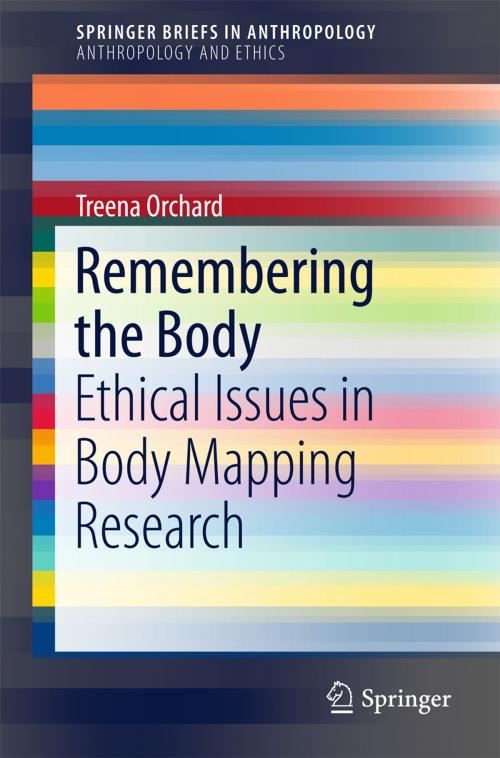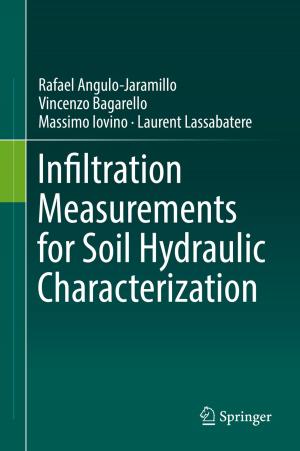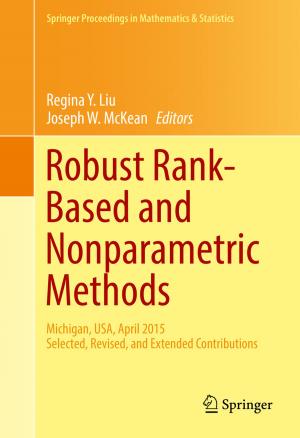Remembering the Body
Ethical Issues in Body Mapping Research
Nonfiction, Health & Well Being, Medical, Reference, Public Health, Social & Cultural Studies, Social Science, Anthropology, Science & Nature, Science| Author: | Treena Orchard | ISBN: | 9783319498614 |
| Publisher: | Springer International Publishing | Publication: | December 1, 2016 |
| Imprint: | Springer | Language: | English |
| Author: | Treena Orchard |
| ISBN: | 9783319498614 |
| Publisher: | Springer International Publishing |
| Publication: | December 1, 2016 |
| Imprint: | Springer |
| Language: | English |
This volume* *explores the arts-based methodology of body mapping, a participant-driven approach wherein people create richly illustrated life-size maps that articulate their embodied experiences with various health issues. First developed in the global South as a means of community mobilization and advocacy regarding women’s health and HIV-related care needs, body mapping is now used by researchers, health practitioners, and community agencies globally to explore social determinants of health among diverse groups. However, the selective borrowing of certain tenets of the approach and the disregard for others in these studies raises the issue of cultural appropriation, and this is one of the key issues the explored.
The second issue examined relates to the analysis of body mapping data, which remains an under-developed aspect of the methodology that the author addresses through the new mixed-method approach she created to more fully understand these arts-based data. Orchard also examines and seeks to explain the transformative nature of the body mapping research experience, for herself and the study participants. The data for this book come from an ethnographic study with HIV-positive women and men who struggle with addictions, HIV stigma, and historical traumas stemming from colonialism in two Canadian cities, including the beautiful body maps, individual interviews, and field notes.
The author provides a compelling and deeply empathetic account of the powerful role that the arts, therapeutic practice, and human connection play in the production of research that yields rich data and can transform the lives of those involved. Remembering the Body will be of interest to social science and health scholars, community agencies, and those in activist circles who are interested in using body mapping in their mindful academic and applied work.
This volume* *explores the arts-based methodology of body mapping, a participant-driven approach wherein people create richly illustrated life-size maps that articulate their embodied experiences with various health issues. First developed in the global South as a means of community mobilization and advocacy regarding women’s health and HIV-related care needs, body mapping is now used by researchers, health practitioners, and community agencies globally to explore social determinants of health among diverse groups. However, the selective borrowing of certain tenets of the approach and the disregard for others in these studies raises the issue of cultural appropriation, and this is one of the key issues the explored.
The second issue examined relates to the analysis of body mapping data, which remains an under-developed aspect of the methodology that the author addresses through the new mixed-method approach she created to more fully understand these arts-based data. Orchard also examines and seeks to explain the transformative nature of the body mapping research experience, for herself and the study participants. The data for this book come from an ethnographic study with HIV-positive women and men who struggle with addictions, HIV stigma, and historical traumas stemming from colonialism in two Canadian cities, including the beautiful body maps, individual interviews, and field notes.
The author provides a compelling and deeply empathetic account of the powerful role that the arts, therapeutic practice, and human connection play in the production of research that yields rich data and can transform the lives of those involved. Remembering the Body will be of interest to social science and health scholars, community agencies, and those in activist circles who are interested in using body mapping in their mindful academic and applied work.















